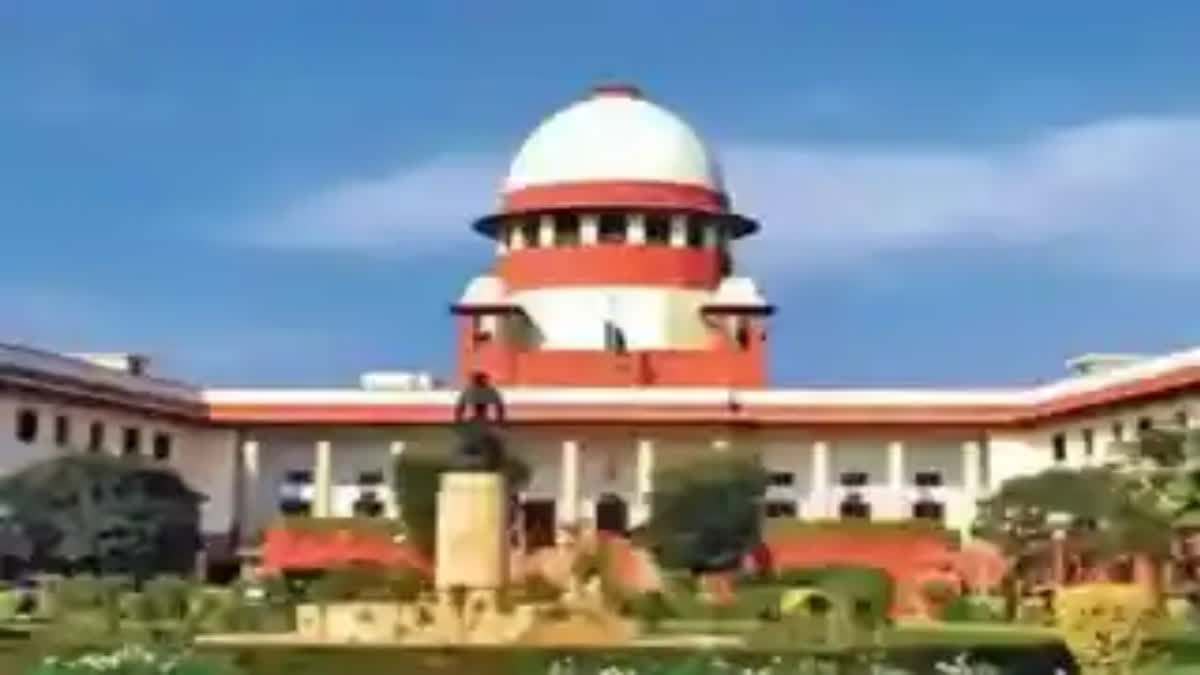New Delhi: The Supreme Court is scheduled to pronounce its verdict on Thursday on a batch of petitions challenging the validity of the Electoral Bond scheme, which allows for anonymous funding to political parties.
A five-judge Constitution bench headed by Chief Justice D Y Chandrachud had on November 2 last year reserved its verdict in the matter. The scheme, which was notified by the government on January 2, 2018, was pitched as an alternative to cash donations made to political parties as part of efforts to bring in transparency in political funding.
According to the provisions of the scheme, only the political parties registered under Section 29A of the Representation of the People Act, 1951 and which secured not less than 1 per cent of the votes polled in the last elections to the Lok Sabha or a state legislative assembly are eligible to receive electoral bonds.
An Electoral Bond is an instrument in the nature of a promissory note or bearer bond which can be purchased by any individual, company, firm or association of persons provided the person or body is a citizen of India or incorporated or established in India. The bonds are issued specifically for the purpose of contribution of funds to political parties.
The Centre in an affidavit had said that the methodology of the Electoral Bonds scheme are "completely transparent" mode of political funding and it is impossible to get black money or unaccounted money. Various petitions are pending before the top court challenging amendments made to different statutes through Finance Act 2017 and Finance Act 2016 on the ground that they have opened doors to unlimited, unchecked funding of political parties.
NGOs Association of Democratic Reforms and Common Cause had said that the Finance Bill, 2017, which paved the way for the introduction of the Electoral Bond scheme, was passed as a money bill even though it wasn't.
Read More



